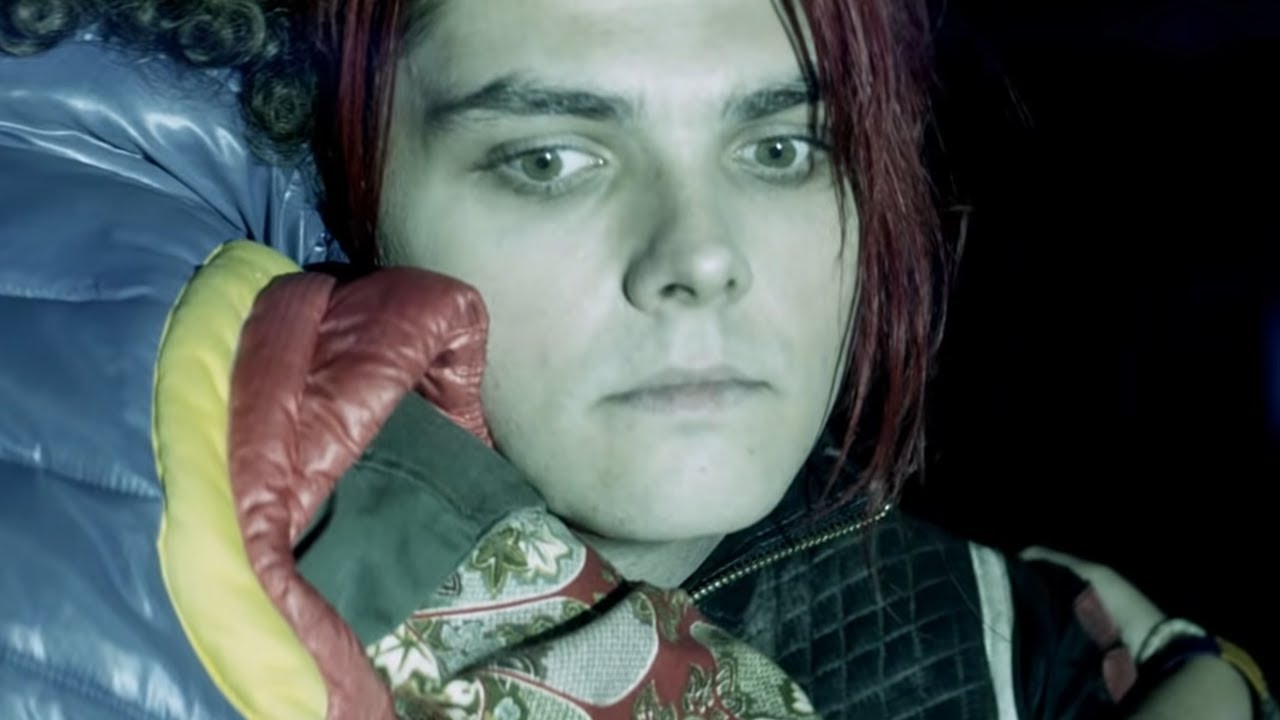What exactly is a backhanded compliment? It may sound funny but it is an accurate definition. A backhanded compliment is a comment that blurred the ethical line between a compliment and an insult. Sometimes these comments can also be called left-handers’ compliments or covert insults. This is because they are made in an attempt to gain a reaction from the receiver through nonverbal communication.
The truth of the matter is that most compliments actually start off as criticisms. A person who smiles broadly, for instance, might be offered a “good job” or “your smile really set me off.” Or a person might say, “You made the first comment on the test and I was expecting you to say something like that.” That is, they would have expected some sort of praise or reaction. Instead, what usually happens is the person makes a comment or observation that was actually meant as a comment or compliment.
So how can we tell when we are being said or given a compliment in the wrong context? When people use “you” when they mean “my” or “our” or when they say, “I feel strongly about” or “that’s great,” they are really saying, “I don’t think so, but I agree with you.” “You’re fired!” is not a compliment but an insult. “I hope you’re well” is a compliment, not an insult. “I’m very proud of you” or “it’s such a shame that you’ve lost your job” are compliments, not insults.
What if instead of saying, “You did a great job handling that situation” what if what you say instead is, “I thought you could never handle that and it’s a big waste of time.” If you want to imply that what he did was not good enough, but you use the word “because” in it you are saying, “you could never do that” and that suggests that you think it’s not enough, but it’s probably better than what you had or that you could never have done. This suggests that you are saying, “You could have done without it” and this makes it a hard work statement.
On the other hand, if you use “you” only when you mean “my” or “our”, then it is clear that you are using the words “you” and “my” to refer to yourself. We all know how damaging backhanded compliments can be and what they can say about a person. So what is a good way to avoid them? Try saying, “I appreciate you sharing your views with me.” Or, “I truly enjoy hearing about your opinion.”
If you want to create a more positive environment where people feel free to express their opinions, what is a backhanded compliment doing? Well, by giving yourself some love. When you make compliments, you are praising yourself. When you do something nice for yourself, then other people will feel good and they will want to return the favor. You will notice that when you give someone a backhanded compliment, you will usually receive something nice in return, as long as you are sincere.
So what is a stealth insult? It’s an insults that is delivered in a kind of subtle manner. It is done in a polite way, as if you were giving a business compliment. The “cheap” kind of stealth insult will simply be to point out that another person is doing something “shoddy” or that he or she is being disrespectful. This type of compliment is often given in public places like restaurants, stores, and even in everyday social situations, where one can easily overhear and read the conversation.
A real covert backhand compliment, however, implies that you are not really trying to be complimentary but that you are complimenting. When you say something like “you really try hard”, what implies that you’re not really trying? Usually what implies that you’re not really trying is that you are saying it in a humble manner. If you give it with a smile and ask for the favor, then it would imply that you really tried your best, which shows that you value them as a person. A covert compliment like this is very effective because most people will automatically take it as a sign that they should accept whatever is being said to them.
